
LJR presents an interview with Brazilian-German political scientist Paula Diehl, who has studied the relationship between the media and populism for over 20 years. According to her, simplification, dramatization and a taste for conflicts and scandals bring together the logics of populism and journalism.

In the midst of the infodemic, media and journalists are called to be a kind of guide for audiences. However, they sometimes still fall into unintentionally publishing false information. These errors make the need for spaces for reflection on the ethical principles of the profession, including its responsibility to audiences and democracy, even more urgent, according to ethics experts.
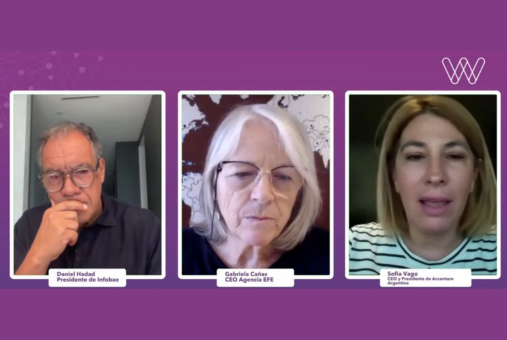
At the second Ibero-American conference held by the Women In The News Network (WINN), journalists debated the impact of generative AI on newsrooms, the importance of journalistic ethics and how to rescue credibility of media outlets among the public.
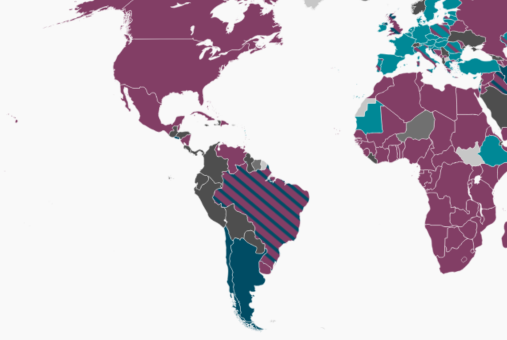
LupaMundi, an interactive map from the Brazilian fact-checking agency Lupa, sheds light on the global state of laws against false information. Countries in Latin America generally don't have specific laws on the subject, and scholars warn of the risks of political manipulation of the issue.

The IAPA, ANJ of Brazil and the AMI of Colombia are some of the more than 25 media associations from around the world that signed the Global Principles on Artificial Intelligence, which seek to guide the application of said technology in an ethical and transparent manner, and to protect the credibility and intellectual property of journalistic content.
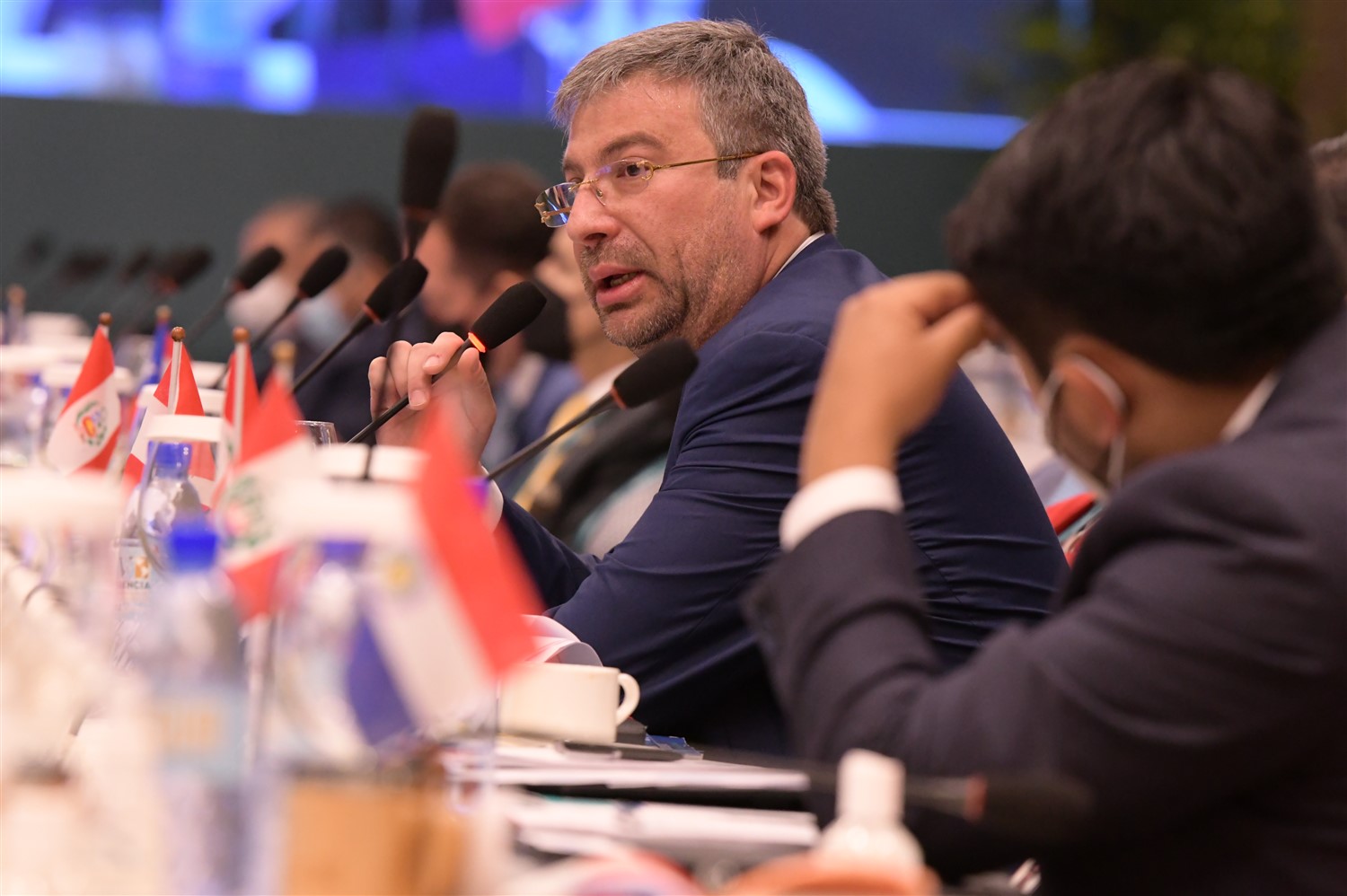
It’s not just media that combat disinformation, voting authorities in Latin America are also fighting the phenomenon. Ahead of October elections in Argentina, judicial authorities are collaborating with media and NGOs to fact check candidates. At the regional level, an inter-American observatory exchanges fact-checking experiences with media and social platforms.

At the 2023 Global Disinformation Summit, journalists from various media outlets and organizations in the region highlighted the importance of identifying actors, regional patterns and business models behind disinformation campaigns that affect sensitive issues such as elections, migration, health, and gender.
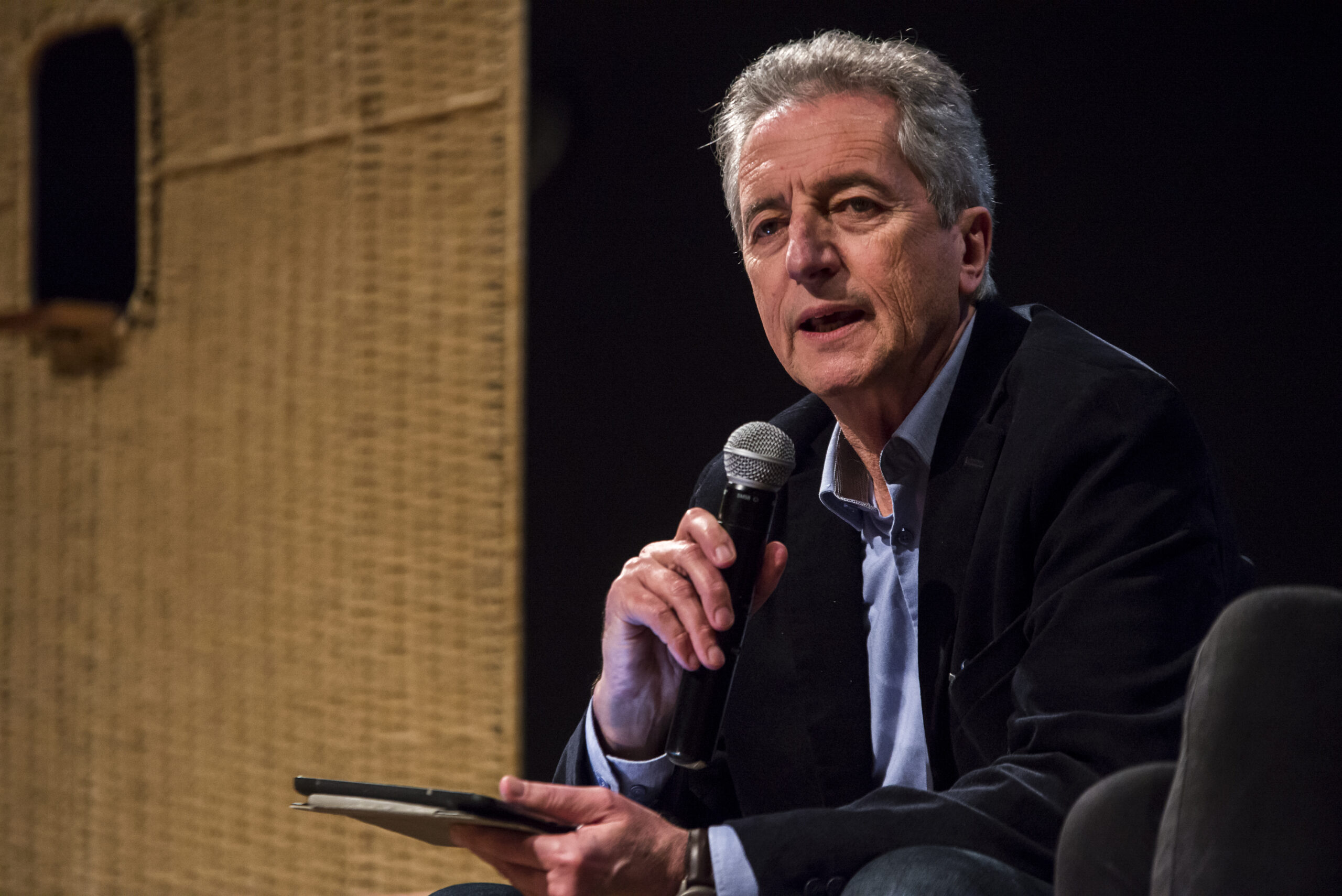
Journalist and researcher of media and digital platforms Daniel Mazzone analyzes the role of journalists in the face of fake news and a digital society. His book "Máquinas de Mentir [Lying machines]" uncovers new work perspectives from within the journalistic community and the structuring of a new contract with society.

The Latin American Center for Investigative Journalism published, in partnership with media and organizations, the project 'Digital Mercenaries': a series of more than 15 feature stories and a documentary. This investigation puts a face to political consultants who are changing the media agenda and voters’ opinions.
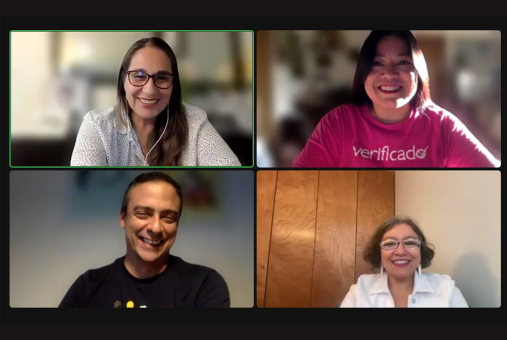
In the last of four webinars of the Network for Diversity in Latin American Journalism, panelists shared key points to show how journalism can counteract dangerous discourse that creates disinformation. Among these points were the role of algorithms in spreading such discourse, how to avoid stigma and editorial strategies focused on diversity.

Faced with the disinformation created by images generated with artificial intelligence, a project led by Adobe seeks to implement a technological standard that provides data on the origin and alterations of digital content on the Internet. Although it is in its early stages, more than 50 news outlets and fact-checkers in Latin America have already joined as members.
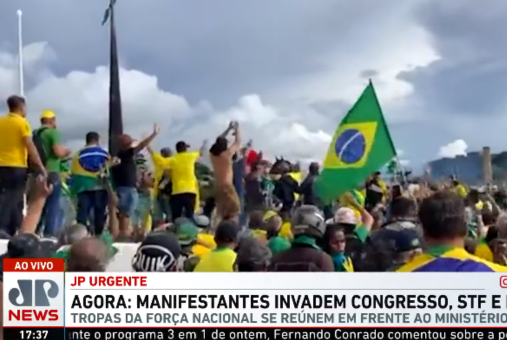
A legal action that could take Brazil's radio station Jovem Pan off the air has once again fueled the debate on the limits of free speech. The lawsuit accuses the station of disseminating content that undermined the electoral process, incited civil disobedience, and promoted a coup. Experts weigh in on the case, highlighting the compatibility of the prosecution's claims with Brazilian legislation.